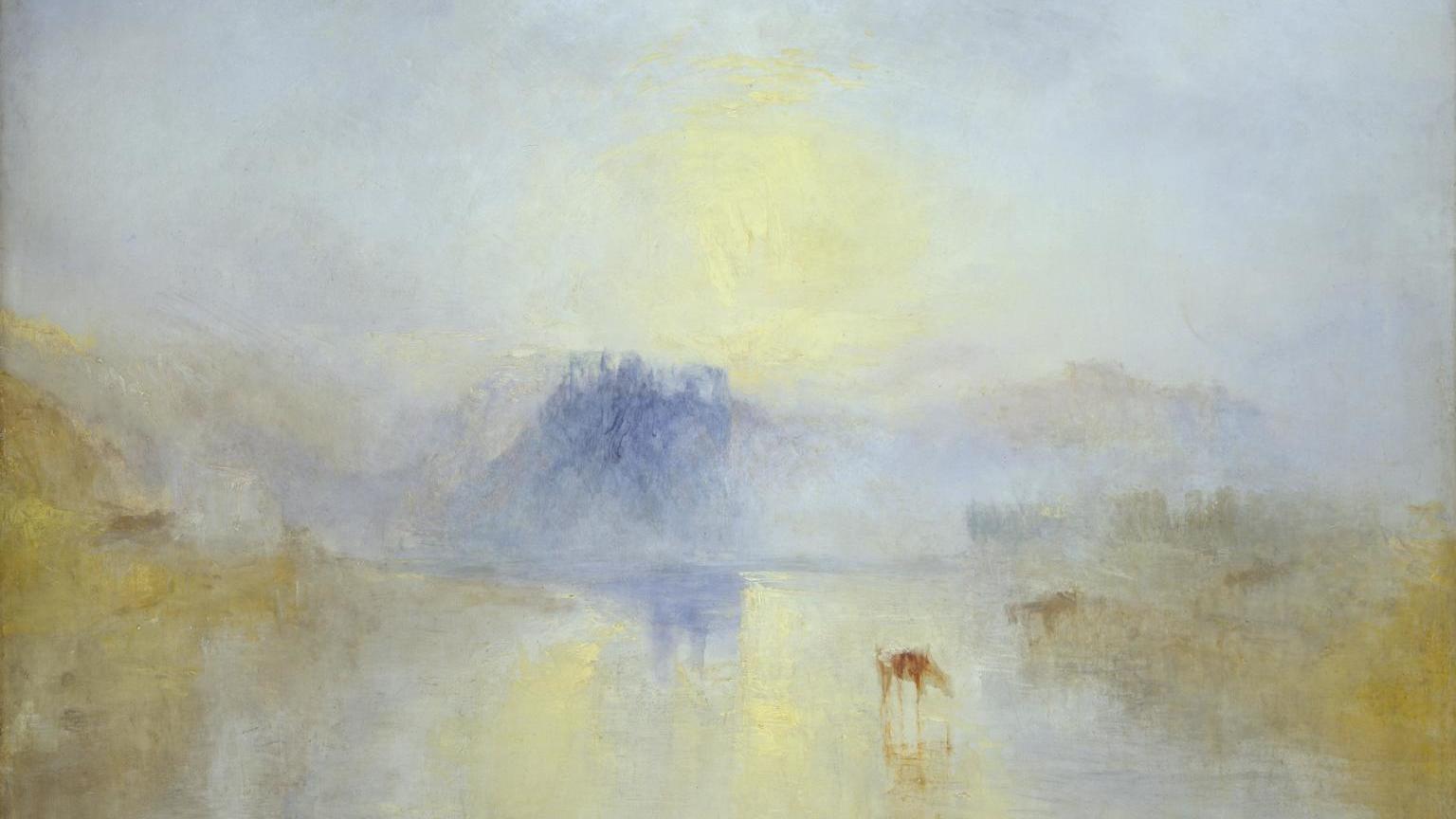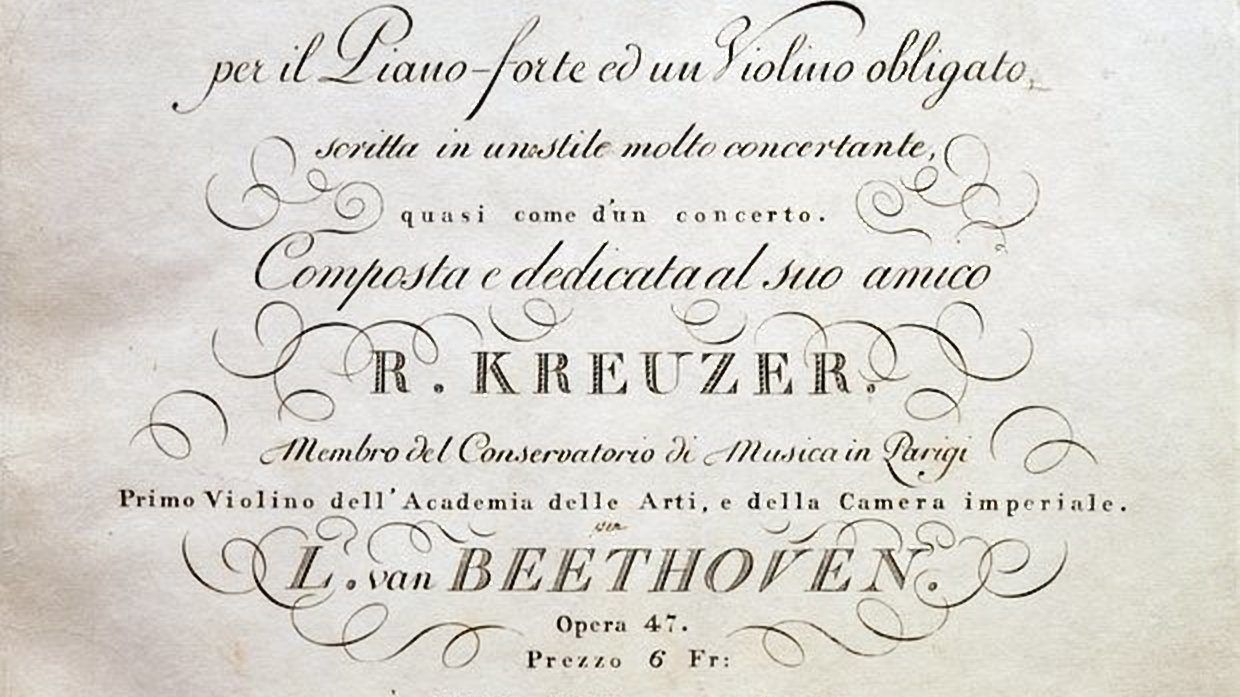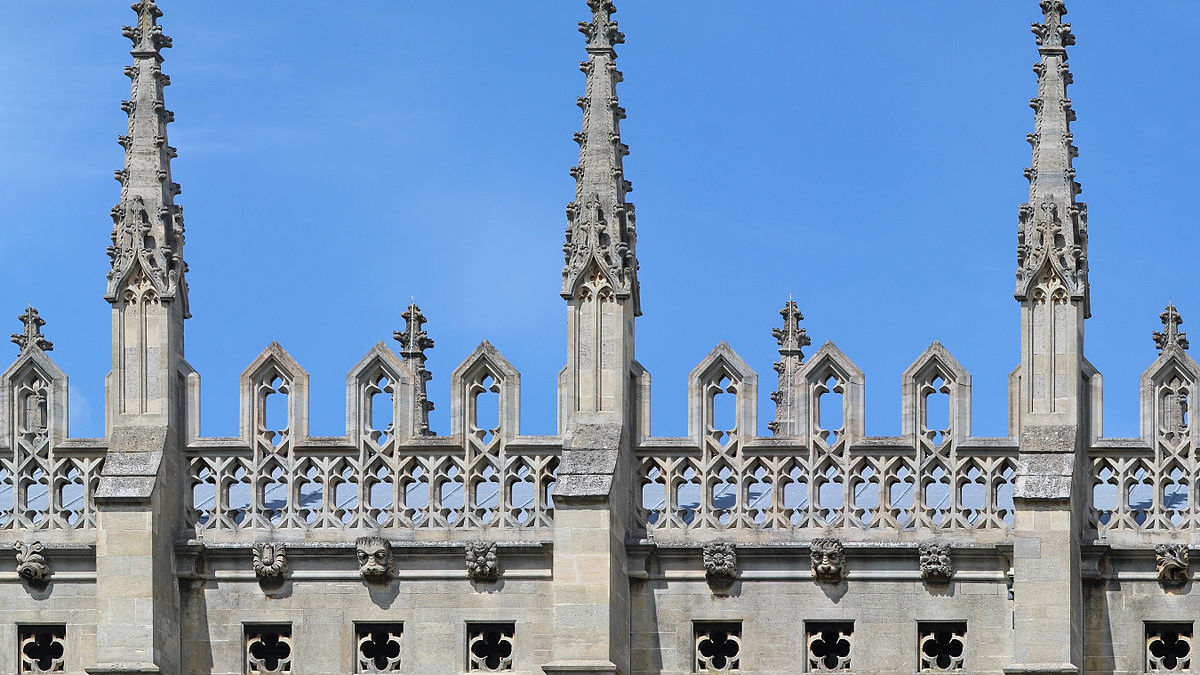Debussy’s Violin Sonata: An Autumnal Farewell
The Sonata for Violin and Piano in G minor was Claude Debussy’s last completed composition. It was written in 1917 at a time when the composer suffered from terminal cancer. Europe was plunged into the bleakness and devastation of the First World War, bringing food and coal shortages and economic hardship to Paris. Exhausted and watching the prewar world he had known slip away, Debussy wrote to a friend, I only wrote this …







